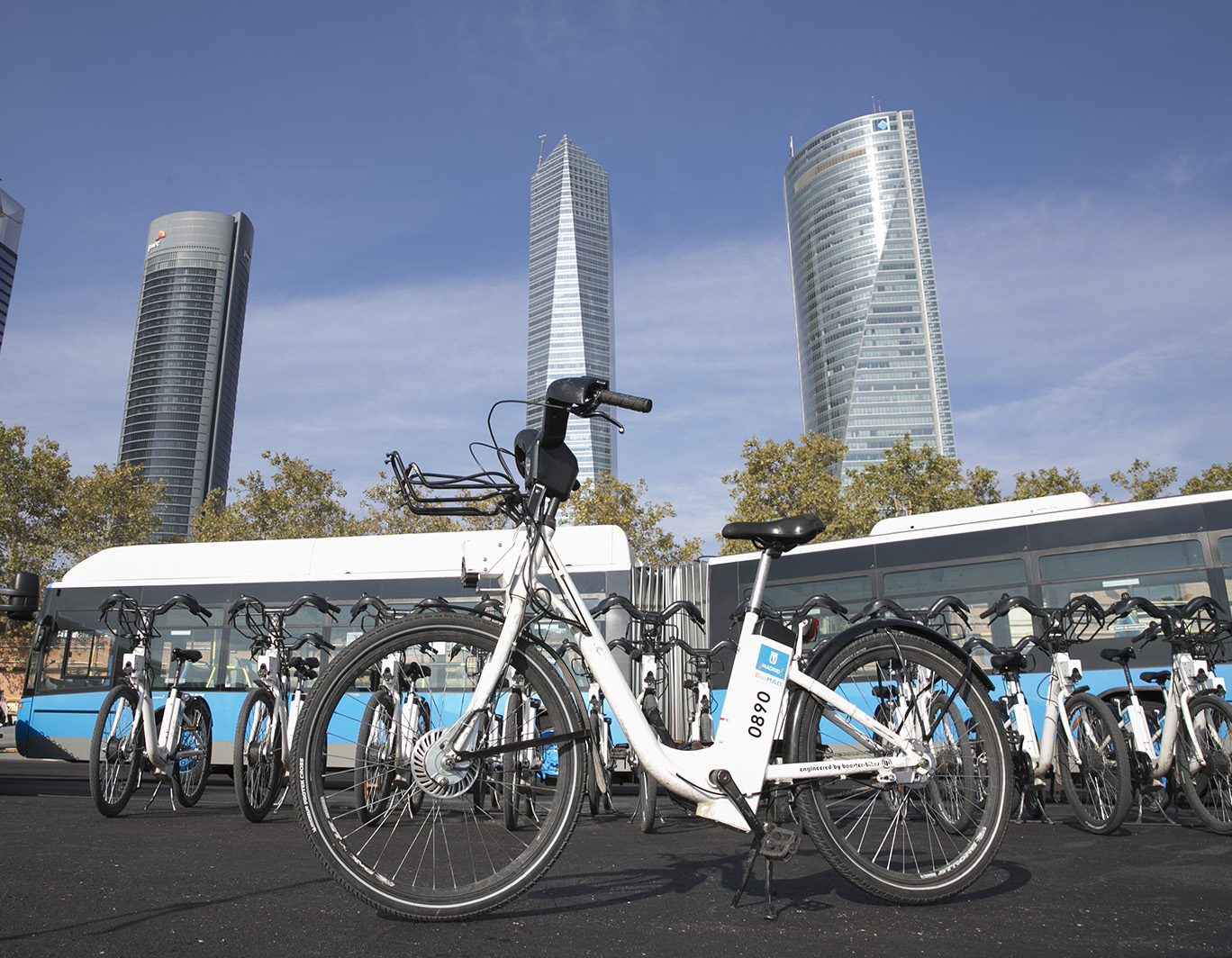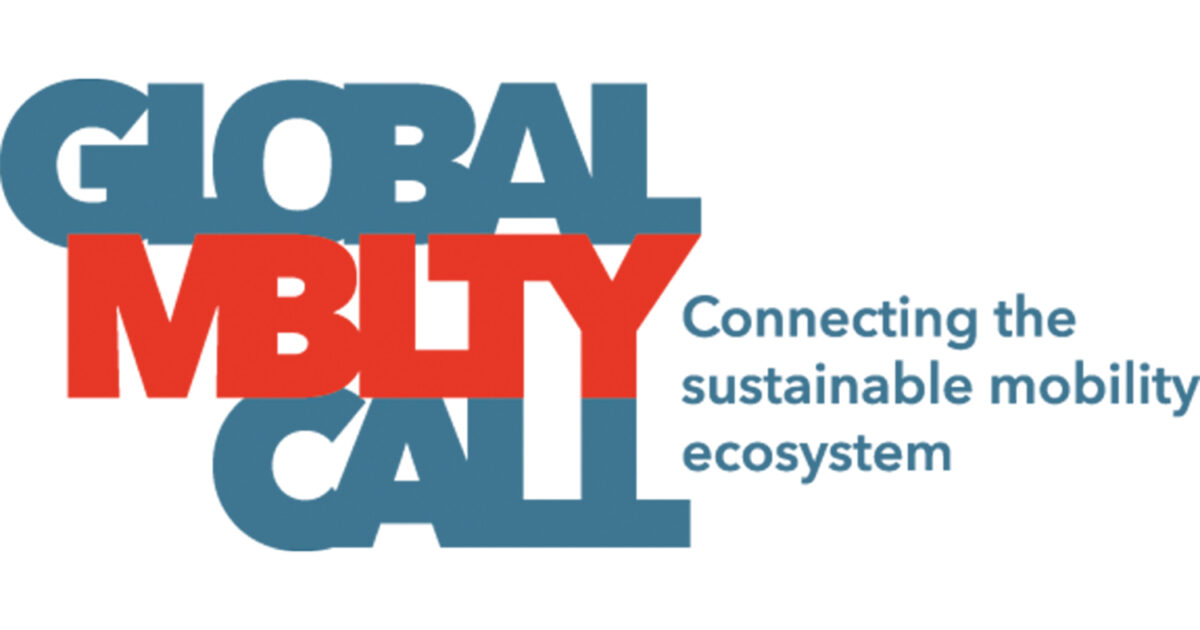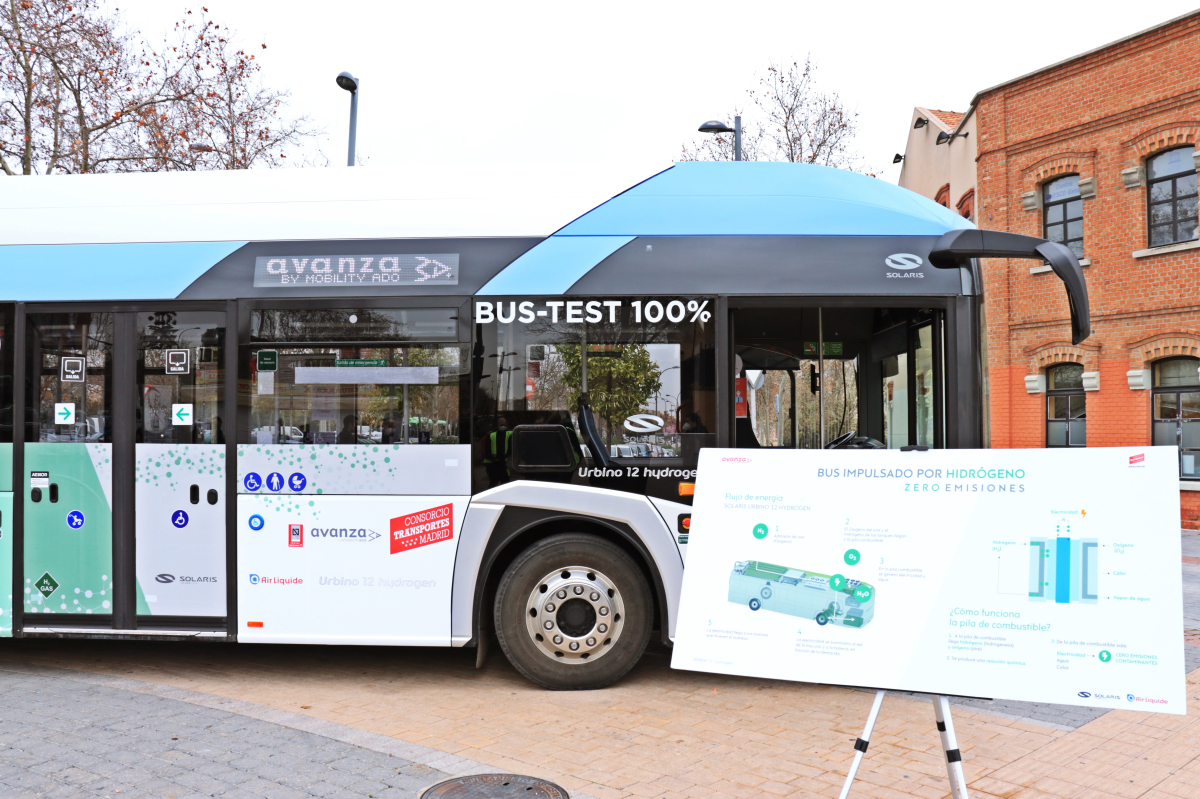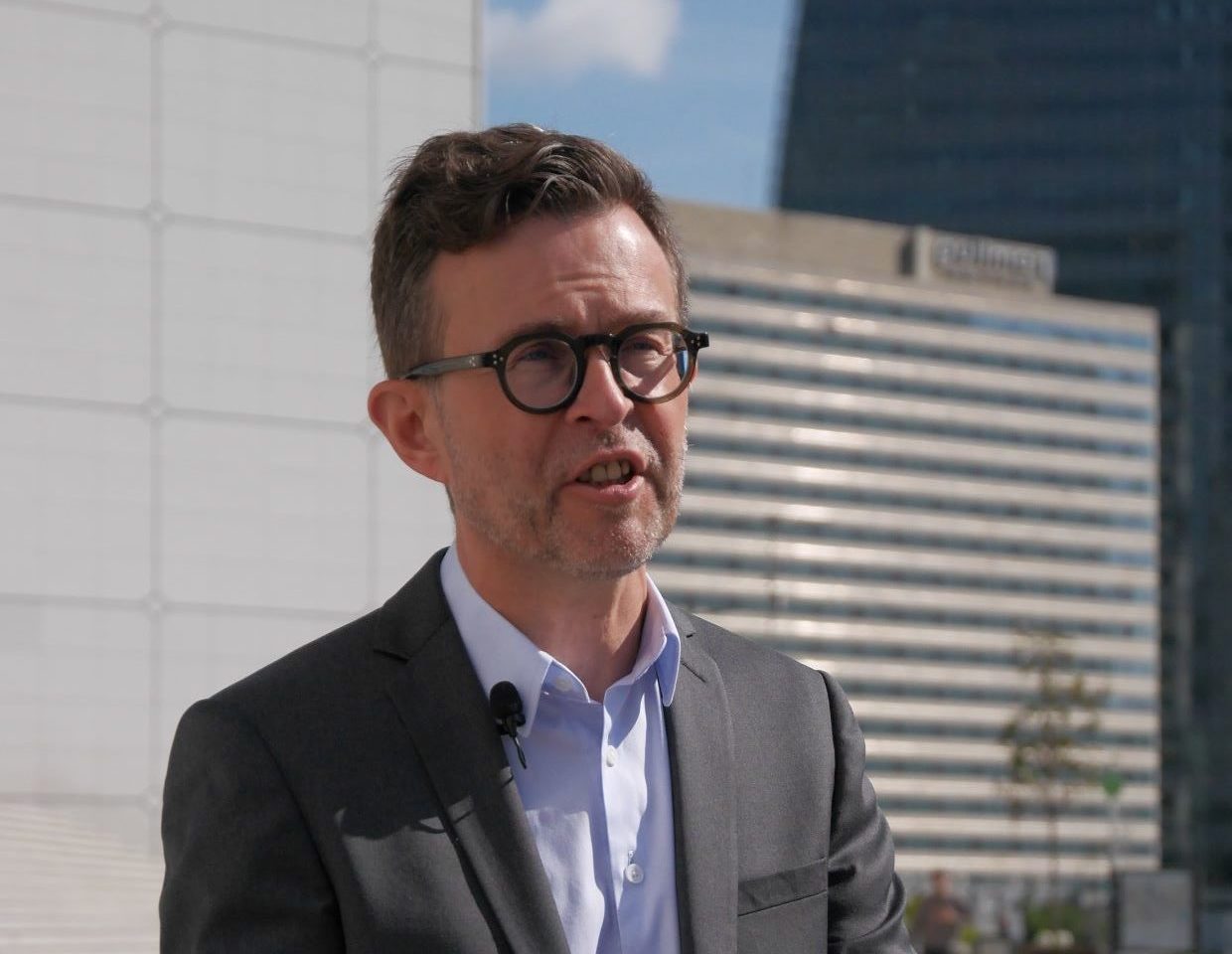
Photo: Madrid.es
European cities face the double challenge of sustainable mobility and socio-economic development
04 May 2023
Can European capital cities be good examples of sustainable mobility while promoting socio-economic development? The answer is clear- not only can they, but they should and it is in their interest to do so. The question should be, how can this be achieved faster?
Madrid, with its more than three million inhabitants, is the European Union’s second most populous city after Berlin, and has historically been criticised for its poor air quality. However, in 2022 the Spanish capital ‘passed’ the air quality criteria test set by the EU, complying for the first time.
Obstacles to clean urban air are not unique to big capital cities. In Europe, medium-sized and large cities face a common challenge: meeting growing mobility needs while promoting environmental and social sustainability and economic development. Public policies for sustainable mobility and public-private cooperation are the best tools to achieve this.
The 2008 EU Air Quality Directive, the Paris climate change Agreement and the Dieselgate scandal, both in 2015, together with the numerous court cases that have followed and the growing social demand for healthier air have forced medium and large cities to adopt sustainable mobility plans and Low Emission Zones (LEZs). A handful of European cities have even gone so far as to decree zero emission zones.
Reducing transport emissions in cities is mainly a matter of restricting access to polluting vehicles and implementing sustainable, connected and safe mobility solutions, which requires changes that go beyond simple municipal ordinances and involves significant coordination between the various public administrations, dialogue with the private sector and residents.
Know-how in this area is the cornerstone of public policies for the expansion of Smart Cities in Europe. A great opportunity to exchange this know-how and promote new projects will be Global Mobility Call, a major meeting on sustainable mobility in Madrid from 24 to 26 October, which will promote the exchange of experiences and success stories, and where authorities, companies and experts will meet.
The case of Madrid
Sustainable mobility is advancing in Spain’s capital city through the Madrid 360 environmental sustainability strategy, which brings together short, medium and long-term objectives to reduce polluting emissions by 65 percent. The plan has 120 actions compatible with economic and social development, and combines environmental measures, energy efficiency and the promotion of electric transport, with support for the replacement of the most polluting vehicles, the promotion of cycling and the expansion of pedestrian areas, among other measures.
These actions can be evaluated and improved, mainly thanks to management process digitalisation, new services, cybersecurity and data analysis, in line with the smart city model.
These measures must be inclusive and concerted in order to reduce the opposition of citizens and local businesses to traffic restrictions. In this sense, political will, vision and goal-sharing with economic and social sectors are essential and can provide a source of inspiration for other administrations that are just starting out or are moving at a slower pace to establish a clearer path to achieve their goals.
These collaborative processes involve new economic actors committed to sustainable mobility to respond to tenders as well as business opportunities to meet new needs for the transport of people and goods.
“The growth potential of sectors such as automotive, technology, startups or micromobility is very high. Sustainable mobility is capable of creating its own ecosystem of companies. The digitalisation and publication of transport open data generates new possibilities that a few years ago would have seemed like science fiction,” said Spain’s Minister of Transport, Mobility and the Urban Agenda, Raquel Sánchez, stressing that Spain is committed to leading this transformation.
European cities are committed to offering solutions to mobility needs while complying with European regulations and national plans in the face of the climate emergency, and taking advantage of this transformation to strengthen their economic and social development, generating an irreversible movement towards sustainability.
Brought to you by:







